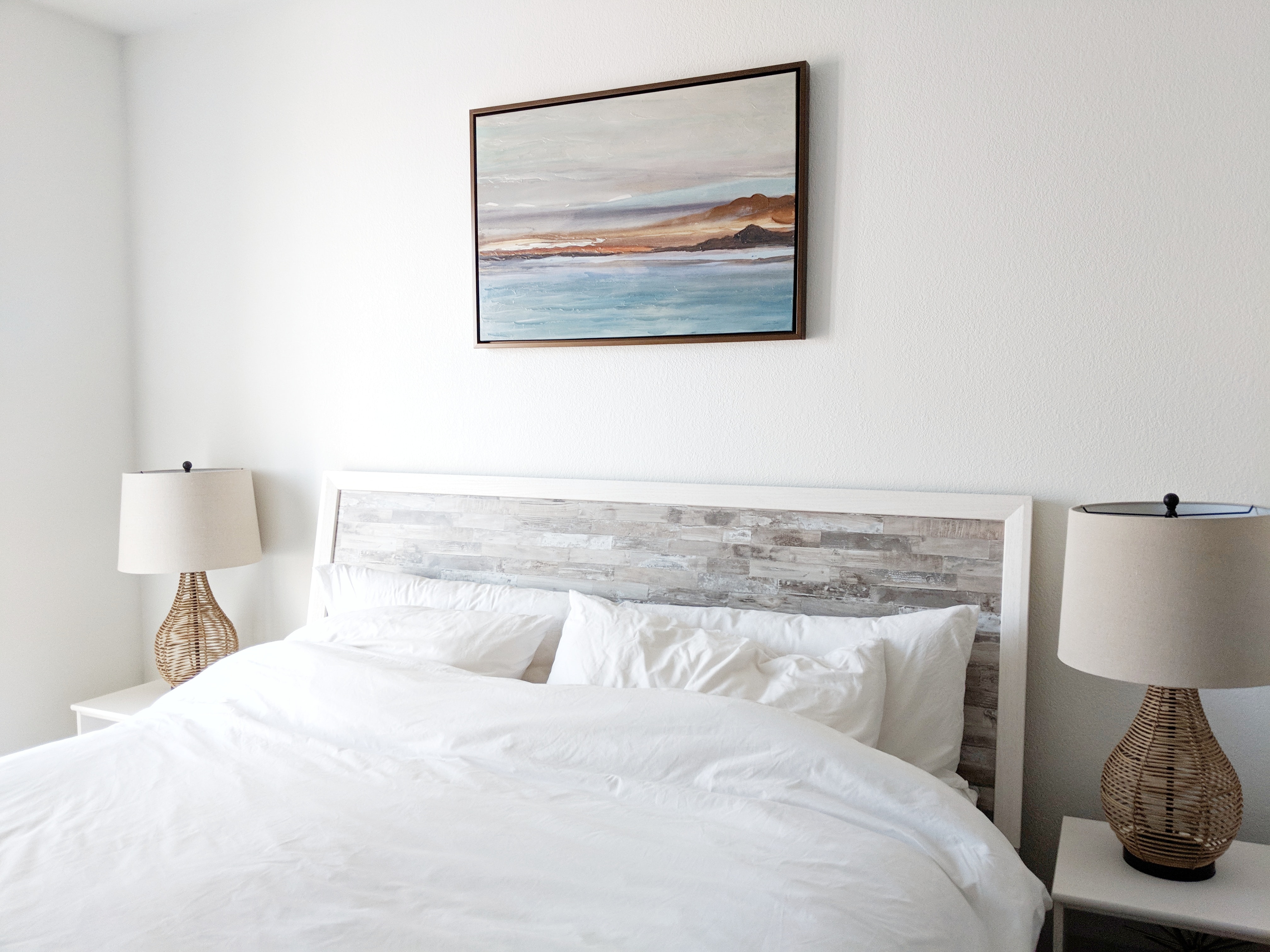Needless to say, COVID-19 has impacted our daily lives and the global economy, but if there’s one thing we can take control of, it’s our sleep. Proper sleep has become such a notable problem today that it’s produced its own term—“coronasomnia.”
According to a survey from SleepStandards that examined survey respondents’ sleep habits before and after the pandemic, 98% of them developed new sleep problems after lockdown. And the survey indicated 68% of Americans are still feeling stress and struggling to sleep after the lockdown period.
Sleep is vitally important for health, so much so researchers correlate the quality of a person’s sleep with protection from infection. While the pandemic is here with us for an extended period, there are steps you can take to reduce your sleeping stress and enjoy the benefits of restful nights.
Create a Soothing Environment
In addition to the right sleep products, getting a good night’s sleep requires a comfortable environment.
Here are four tips for setting up your space for the best chances toward a restful sleep:
- Keep your phone and computer out of arm’s reach. Consider using an “old school” alarm clock instead of your phone alarm to avoid scrolling through Instagram at two in the morning.
- Remove clutter from the bedroom to calm your mind, especially distractions such as work folders or bills.
- Turn off all the lights, including the glow from any electronic devices. A darker room promotes better, more natural sleep, with the Sleep Foundation stating “Artificial light after dark can send wake-up messages to the brain, suppressing the production of the sleep-inducing hormone melatonin.”
- Manage obtrusive sounds with earplugs, extra heavy curtains, and/or white noise machines.
Take Care of Your Body and Mind
According to Charlene Gamaldo, M.D., medical director of Johns Hopkins Center for Sleep, “We have solid evidence that exercise does, in fact, help you fall asleep more quickly and improves sleep quality.” During the pandemic, exercise is important to reduce stress and take the mind off the state of the world. It’s a great form of self-care that can also pay off with more restful sleep.
Another important complement to exercise is a proper diet. Avoid foods and drinks containing caffeine. Most people know they shouldn’t have a cup of coffee or tea at night, but many researchers point to its sleep-interrupting effects even six hours before bed. Try to avoid any caffeine after noon, including sources such as chocolate, certain cereals, ice cream or yogurt with chocolate, or some headache medicines that contain a lot of caffeine. Choose foods that encourage sleep, such as tryptophan-rich milk. Avoid high-fat foods that trigger your digestive system and make your body more alert and trigger heartburn.
Find the Right Bed Products
After you’ve transformed your bedroom and adjusted your bedtime routine for optimal sleep, take a closer look at your bedding materials. The quality and comfort of your bedding relates to sleep quality. A serene room at an optimal temperature is wasted if your pillow feels like a rock or your mattress is lumpy.
A recent survey from sleep product manufacturer, Soft-Tex, in partnership with Voccii Market Research, examined the various sleep industry products and how they relate to individual’s quality of sleep. For example, it asked for the “Top 5 Factors Impacting Sleep” and found:
- 74% noted their pillow
- 72% said a cool temperature
- 72% noted their mattress
- 68% said their sheets, comforter, and blankets were vital
- 63% said they needed low or no light conditions
Further down the list, only 28% of respondents noted sleep aids like tea or melatonin, and a quarter said they needed prescription sleep aids. The results do point to the importance of a quality pillow, one that features the latest cooling technology and support. Memory foam pillows are noted in the Voccii survey as the most popular choice, especially among Gen Z and Millennials, with more than 30% noting a preference for memory foam. Top pillow manufacturers use open-cell memory foam which promotes air circulation for cooling comfort. These pillows also act as cradles for the head and neck to relieve some of the tension from the day.
Fighting “coronasomnia” requires a multi-pronged approach. Take care of your body and mind and remember you can only control so much. By investing in top quality bedding, engaging in regular exercise, and eating the right foods, you can greatly improve the odds of a more restful night’s sleep, even during such turbulent times.


